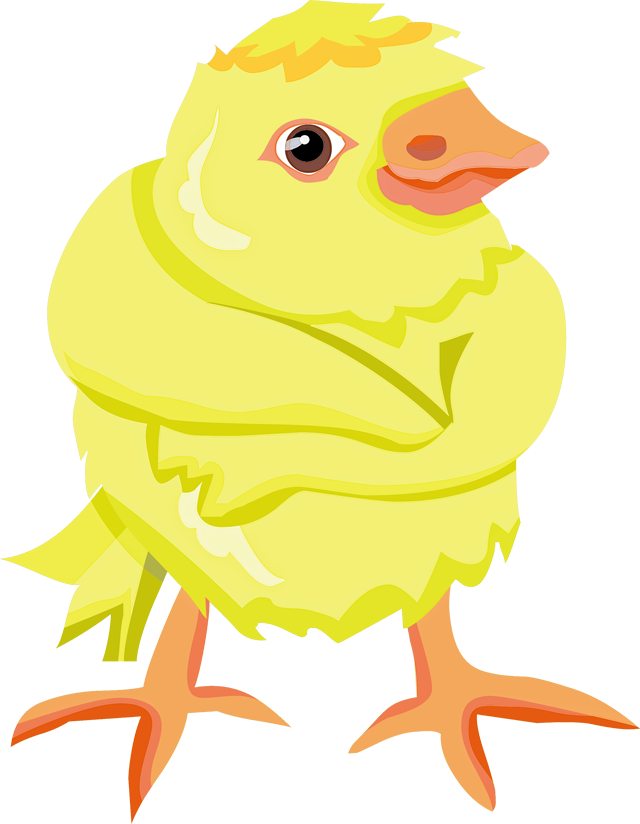FREE-RANGE STONEMASONRY
I’m willing to bet that when you go grocery shopping, many of you choose eggs marked “0” or “1”, that is eggs laid by free-range chickens, or as they are sometimes called “happy chickens”.

Motivations for this choice vary. Some people buy them because they assume that eggs from “happy chickens” are healthier, or that they are tastier, others believe we need to promote respect for animals and their welfare, as animal welfare campaigners put it. Stone companies could perhaps also be referred to as eggs.
There are customers who insist on specific solutions, which are usually only moderately successful. Sometimes the customers ask for a statue of an angel and they want to look like it came straight from a picture in a children’s catechism, or request a photolike monument of John Paull II.
These are examples of “cage-breeding” stonemasonry that puts hundreds of stonemasons under pressure to indulge the customers’ every whim. And since there are as many stonemasons as there are eggs, the price war goes on. The stonemasons create another unremarkable bathroom, make another angel, or another slapdash sculpture – and it all has to be done quickly or the price won’t cover the cost of labour.
There are stonework companies that strive to incorporate craftsmanship into their work and thus give it a deeper meaning. They are trying to step out of their cages and upgrade to barn-roaming.
They do this in an effort to save the craftsman’s honour. However, they must continue to compete on price with the companies following the “cage” system. As a result, such work is not satisfying and it does not bring the expected profits either.
Moreover, with each passing year this system leads to a decline in quality because at the end of the day we all have to pay the bills – and this is the only way to “get the job done” and make a decent living.
Gradually, as with chickens, fatigue and a sense of hopelessness overcomes the masons. With wonder in their eyes they sometimes look, like a motoring enthusiast at a new Ferrari, at photographs of dream realisations or innovative works of sculptural art.
The chicken’s lifespan is relatively short. According to experts, the chicken is profitable for two years, then it usually goes under the knife and ends its career as a chicken hamburger.
Stonemason’s companies usually last a lot longer, but eventually the owners and employees become lethargic and numb and are perceived as elderly people waiting for retirement.
The practise of “free-range” companies couldn’t be more different. An experienced boss knows how to pass on their enthusiasm onto the employees. In such a company the boss as well as the employees work harder and longer and they are inspired to realise their creative ideas in their free time.
Even after a tiring day at work and active rest, they still find the time to browse the Internet in the evening and look for “a stonemason’s Ferrari”. They do it not to kill time, but to find inspiration.
Moreover, such workshops do not have to compete on price, which means their earnings allow for a quality rest and a good living.
There’s also a general rule here, and that is that age doesn’t matter. What matters is the spark of interest that keeps us going. Sure, our back and our knees hurt, but we still look forward to the next day and the next order. As “free-range stonemasons” we can be happy and active for many years to come.
Source: Kurier kamieniarski
Author: Dariusz Wawrzynkiewicz | Published: 18.11.2020
